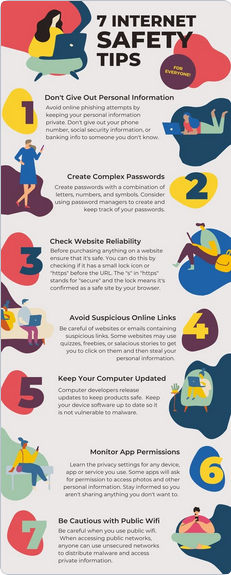Digital citizenship definition refers to the responsible and ethical use of technology by all citizens. It includes conduct that contributes to a safe, respectful, and productive online environment.
The online world is unlimited and offers various opportunities for learning and connecting, but it also involves risks such as exposure to inappropriate content, cyberbullying, and privacy issues. Therefore Internet safety for students is a fundamental aspect of contemporary education.
Teaching internet safety for students helps protect youngsters from these dangers and empowers them to make informed decisions. It also fosters a sense of responsibility and respect towards others in the digital world, leading to a positive and constructive online way of acting.
To address these considerations, each February, Safer Internet Day (SID) is celebrated. In 2025 the campaign "Together for a better internet" embodies the collaborative approach required to create a safe digital environment for young people worldwide.
More info: https://better-internet-for-kids.europa.eu/en/saferinternetday
Don't forget that eTwinning places special emphass on the Code of conduct of teachers and students. You can access it here
Our activity!
To energize our students so as to behave as responsible citizens of this digital world, let’s share in our group community POSTERS or INFOGRAPHICS with TIPS (Dos and Dont’s) that we created in the context of our eTwinning projects on the twinboard below:
Here is an example:




